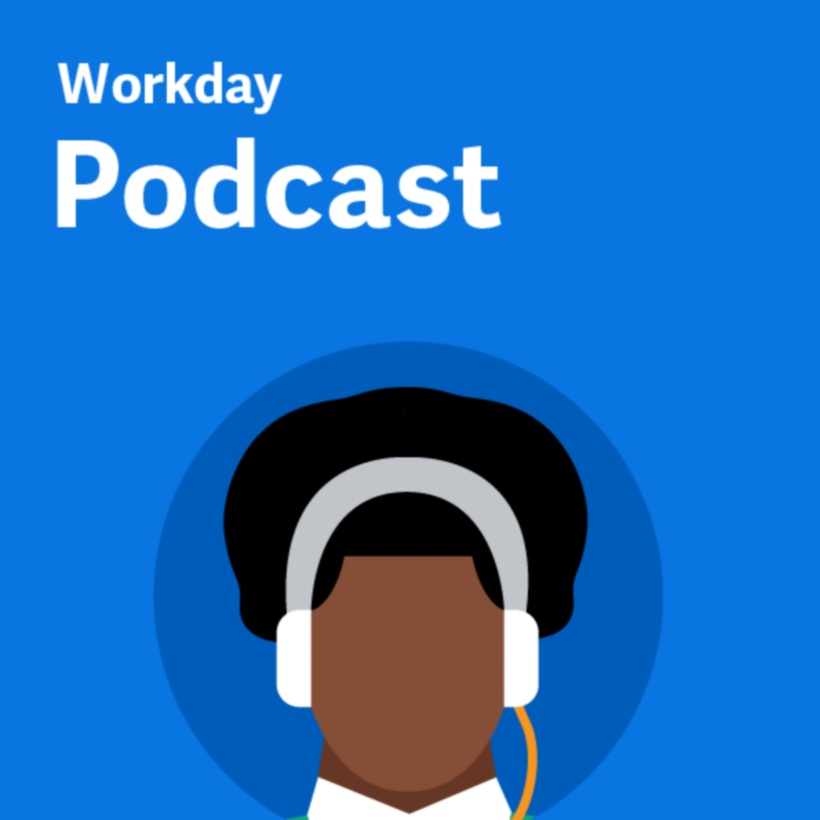Even though each segment has unique attributes and needs that educational delivery should match, Accenture found that all six possess a mix of people who prefer in-person and online learning. That means that institutions must deliver all student services successfully across modalities.
At the same time, student expectations are also upending the higher education industry and forcing it to focus on the student experience, whether in the classroom, online, or in a hybrid model. Students want the digital delivery of services to match the same high level they have in other parts of their lives: personalized and available in real time, on any device, anywhere.
“We found that 96% of students today consider an excellent digital experience important to their educational satisfaction, regardless of which learner mindset they fall into,” says Samantha Fisher, managing director and North America education practice lead at Accenture. “This is a much higher percentage than when we asked the question in 2017, which shows the pandemic upended the prevailing wisdom that in person is always best.”
Changes are coming, but are higher education institutions ready? Every institution must define what it stands for and how it will deliver specific value to students. This process of differentiation and improving efficiency is a critical step in both defining an institution’s value and beginning to permanently shift the way education is delivered.
The report shares four key imperatives that all learning institutions—from community colleges to public and private universities—can use to build a more seamless and robust student experience.
- Understand future learners.
- Place the digital student experience front and center.
- Build cross-campus collaborations.
- Make data your most strategic asset.
To better understand the importance of these imperatives and how to proactively incorporate them into a personalized experience that your students need, read our paper, developed in partnership with Accenture: “Higher Education: A View From 2026.”






